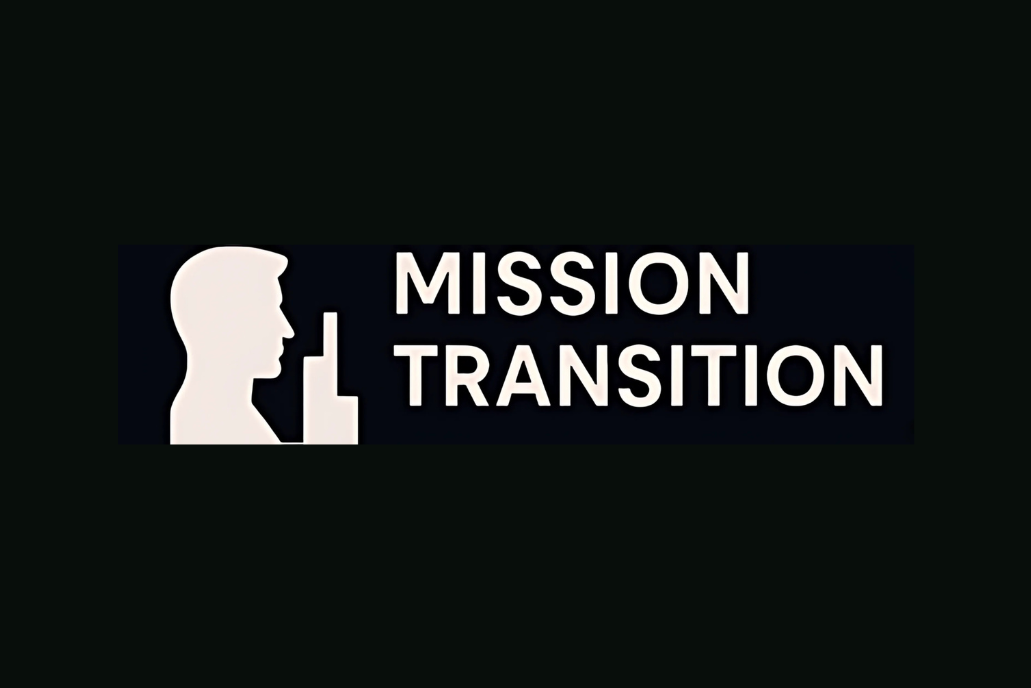Iran has reportedly asked the Taliban to hand over the so-called ‘kill list’ of Afghans exposed in a catastrophic Ministry of Defence (MoD) data breach, a move believed to be aimed at identifying MI6 spies and gaining leverage ahead of nuclear negotiations with the West.
According to reports, the Islamic Revolutionary Guard Corps (IRGC) has formally requested access to the leaked data, which revealed the identities of thousands of Afghans who applied for asylum under the Afghan Relocations and Assistance Policy (ARAP), a UK government scheme offering sanctuary to those who supported British forces in Afghanistan.
The list is understood to include not only ARAP applicants, but also individuals with direct ties to UK intelligence services, special forces, and other military personnel.
Intelligence Targets and Strategic Leverage
Iranian officials are said to have established a dedicated committee to track down the list, with British intelligence assets reportedly considered a top priority. Sources suggest Tehran is hoping the information will strengthen its position in upcoming diplomatic discussions with Western powers.
“There have been discussions on cooperation between Tehran and Kabul on this issue,” a source familiar with developments said. “It could serve the strategic interests of both regimes.”
Taliban ‘Already Using the List’
The Taliban, meanwhile, is reported to have obtained the list shortly after it was leaked online. A Taliban official claimed a special unit was created to track down those named, particularly individuals believed to maintain links with British authorities.
“We got the list from the internet during the very first days when it was leaked,” the official is quoted as saying. “We’ve been calling and visiting their family members to track them down.”
Leadership figures in Kandahar are also said to be pressuring security officials in Kabul to arrest as many people as possible from the list, using their detention as diplomatic leverage against the UK.
“The belief is that some of these individuals are still working with Britain, and the problem must be dealt with,” one source said.
Massive Breach, Long-Term Fallout
The original breach, which occurred within the Ministry of Defence, is estimated to have exposed the identities of between 80,000 and 100,000 people — including ARAP applicants and their families. Legal assessments in 2024 warned that those named could be at risk of harassment, imprisonment, torture, or death if their information fell into the hands of hostile groups.
The British government initially responded with extreme secrecy, securing a rare contra mundum superinjunction, a legal measure that not only banned media from publishing the story but also prohibited disclosure of the injunction itself. Court hearings were held behind closed doors, with even media lawyers excluded from key sessions.
Although the MoD originally intended to assist around 200 individuals and their dependents, mounting pressure led to a broader response. So far, around 6,900 people have been relocated through the Afghanistan Response Route, including 900 ARAP applicants and approximately 6,000 family members.
An additional 600 individuals are expected to be evacuated before the scheme closes, bringing the total number to just under 7,000.
Soaring Costs
The Ministry of Defence has estimated that relocating those affected by the breach will cost £800 million. However, official submissions suggest the total cost of Afghan relocations could reach up to £7 billion, when all related expenditures are accounted for.
The long-term impact of the breach remains significant, not just in terms of cost and operational security, but in the potential human toll for those still on the ground in Afghanistan.
















